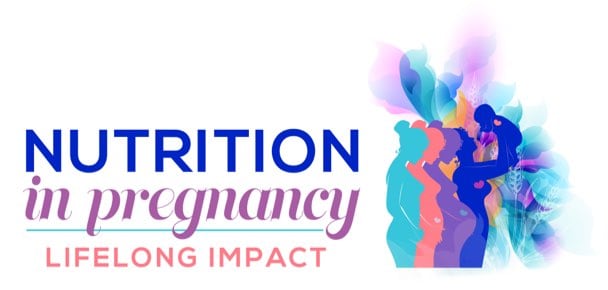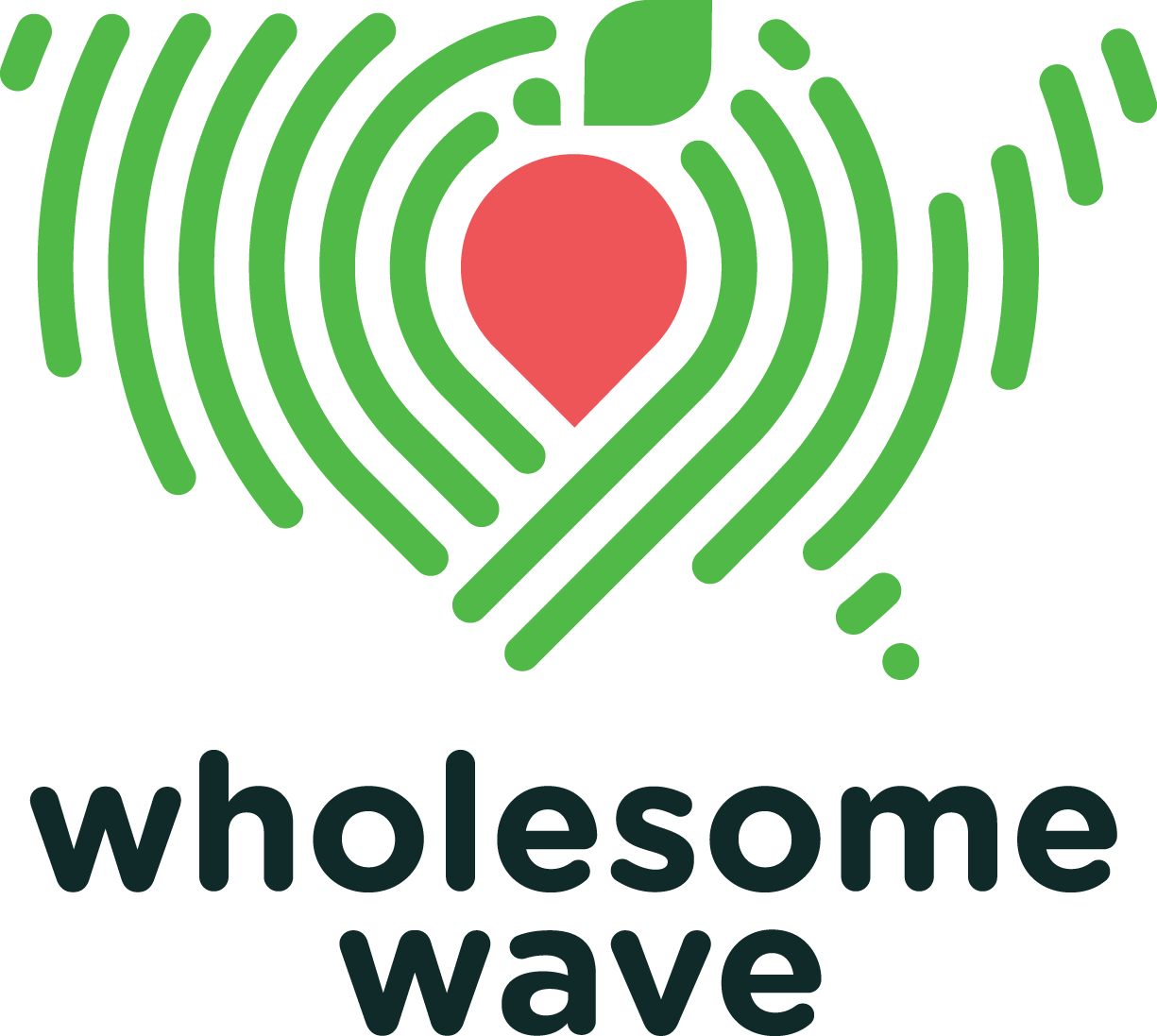The Opportunity
The current and future health and wellbeing of both mother and child are impacted by dietary choices during preconception, pregnancy, and lactation. We focus on three time periods that are crucial to a baby's health and development: preconception (especially the three months prior to conception), pregnancy, and lactation (ideally exclusive breastfeeding for the first 6 months). These stages are critical windows of opportunity where nutrition choices can have long-lasting benefits and taste preferences begin to be established, potentially lessening the occurrence of health issues later in life.
Of the nearly 4,000 births in the US each year, about 45% of pregnancies are unplanned. As of 2015, only 45.1% of American women began pregnancy at a healthy weight, down from 47.3% in 2011 (a healthy weight is defined as a body mass index (BMI) of 18.5 to 24.9). Additionally, nearly 50% of US births are covered by Medicaid. These combined challenges are often accompanied by poor nutrition, which can have a lasting impact on maternal and infant outcomes, and also appear to cause durable/permanent changes or increase the risk of chronic disease over the course of the child's lifetime.
We are committed to partnering with medical organizations to advance the knowledge, consumption, and enjoyment of plant-based whole foods for women of child-bearing age and pregnant women.






